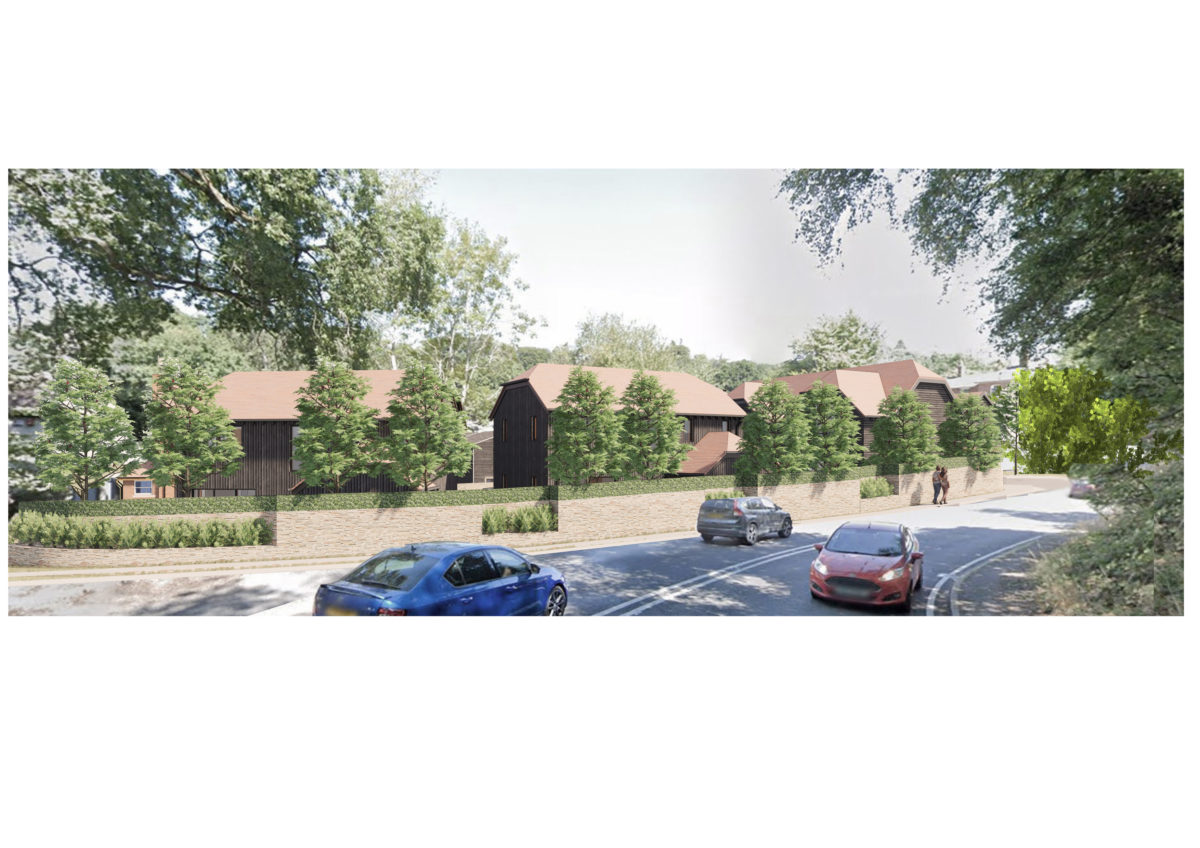

Proposals for NPPF reform and the introduction of National Development Management Policy

The Department for Levelling Up, Housing and Communities (DLUHC) began consultation on two key national level planning changes on the 22nd December 2022, which ends at 11:45pm on 2nd March 2023.
The purpose of the consultation is to seek opinions on both the proposed revision of the National Planning Policy Framework (NPPF) and its approach to preparing National Development Management Policies (NDMPs).
What are the proposed amendments to the National Planning Policy Framework?
The amendments to the NPPF are intended to assist in delivering planning reforms, which will accelerate the Government’s levelling up commitments without going so far as to reform the planning system, but rather amend the existing framework.
Some consider the consultation a way to appease Conservative backbenchers who want to protect more rural constituencies from over development and the loss of open countryside.
The proposed instant amendments to the NPPF, summarised by the Government are:
- Authorities with an up-to-date local plan will no longer need to continually show a deliverable five-year housing land supply. In this case, “up-to-date” means where the housing requirement is less than five years old.
- A four-year rolling land supply requirement for emerging plans.
- Removing buffers from the five-year housing land supply calculations, including the 20 per cent buffer applied by the Housing Delivery Test.
- Authorities would not need to review their green belt boundaries, even if meeting housing need would be impossible without such a review.
- As a result of the changes noted above, there will be less opportunity for speculative planning applications to deliver housing to be supported, which would not otherwise be acceptable, based only on a lack of housing land supply.
- The test of ‘soundness’ for local plans to be softened so they will no longer be required to be ‘justified’. Instead, the examination would assess whether authority’s proposed target meets need so far as possible, takes into account other policies in the Framework, and will be effective and deliverable.
- Tackle perceived problems of slow build out.
- Encourage authorities to support the role of community-led groups in delivering affordable housing on exception sites.
- Set clearer expectations around planning for older people’s housing.
- Promote more beautiful homes.
- Enable gentle densification through the use of mansard roofs in appropriate locations.
- Ensure food security considerations are factored into planning decisions that affect farmland.
- Additional provisions to encourage renewable energy development, particularly wind energy where there is local support.
The proposed changes could be introduced as early as this summer. Applications undetermined at that time could be affected by these alterations, specifically those relying on 5 year housing land supply arguments.
What are the National Development Management Policies?
National Development Management Policies (NDMPs) are a new concept at the early stages of evolution. They would be national policy with statutory weight attached to them. They are not, currently, intended to form part of the development plan but would sit alongside it.
The policy areas that they would cover are likely to be limited to key, nationally important issues commonly encountered in making decisions on planning applications across the country, leaving development plans to deal with locally specific matters. The Government’s ambition is to support faster plan making by reducing the matters to be covered by the development plan without undermining community control. Their swift application across the country is a key driver so that national policy can be changed and have full weight in the decision-making process.
NDMPs would introduce a top-down development management system capable of adaptation when formulating policies. However, as a consequence they could create uncertainty, unless the scope of NDMPs, their relationship with the development plan and a requirement for genuine consultation is defined in law.
The details of NDMPs are likely to be expanded upon following this consultation and the Royal Assent of the Levelling Up and Regeneration Bill. It is obvious that we can expect further consultations and proposals of far-reaching changes to the planning system throughout 2023.
Principal Planner, Geoff Megarity










